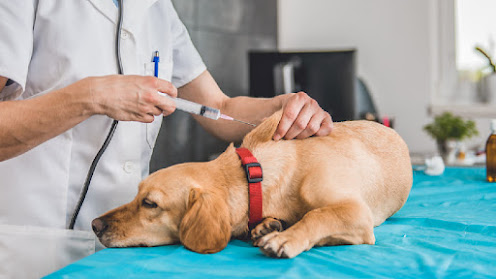What to Look for in a Reliable and Experienced Veterinary Service

Finding a reliable and experienced veterinary service is one of the most important decisions you’ll make as a pet owner. Your pet’s health and well-being are in the hands of the veterinary professionals you choose, so it’s essential to ensure they offer the highest standard of care. Here are some key factors to consider when selecting a veterinary service for your pet. 1. Qualifications and Credentials The first thing to check when choosing a veterinary service is the qualifications and credentials of the veterinarians and staff. A trustworthy vet should be licensed and have completed the necessary training in veterinary medicine. Additionally, look for certifications or affiliations with recognized veterinary associations, such as the American Veterinary Medical Association (AVMA) or American Animal Hospital Association (AAHA). These affiliations often indicate a commitment to ongoing education and adhering to high professional standards. 2. Range of Service...




